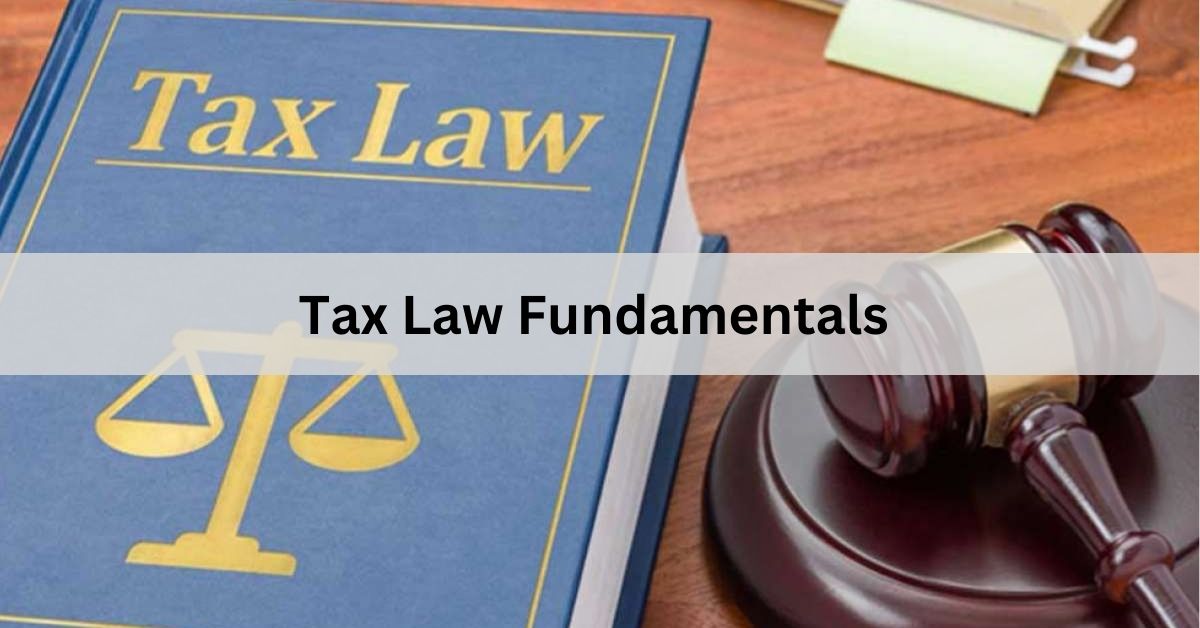Tax Law Fundamentals – Compliance and Planning Strategies!
Understanding tax law fundamentals is crucial for individuals and businesses alike to ensure compliance and optimize financial strategies. This article explores the essential aspects of tax law, offering insights into compliance requirements and effective planning strategies.
Understanding Tax Law
What is Tax Law?
Tax law encompasses rules and regulations set by governmental bodies concerning the taxation of individuals, businesses, and other entities. It dictates how taxes are assessed, collected, and enforced.
Types of Taxes
- Income Taxes: Taxes levied on individuals and businesses based on their earnings.
- Corporate Taxes: Taxes imposed on the profits of corporations.
- Sales Taxes: Taxes added to the price of goods and services at the point of sale.
- Property Taxes: Taxes levied on real estate and certain personal property.
Key Components of Tax Law
- Taxable Income: Determining what income is subject to taxation.
- Deductions and Credits: Opportunities to reduce taxable income or tax liability.
- Filing Requirements: Obligations to file tax returns and report income accurately.
- Tax Rates: Rates at which income or transactions are taxed.
Compliance with Tax Law
Importance of Compliance
Compliance with tax laws ensures:
- Avoidance of Penalties: Non-compliance can lead to fines, interest, or legal action.
- Maintaining Good Standing: Compliant entities are seen as trustworthy and reliable.
- Support for Public Services: Taxes fund infrastructure, education, and other public services.
Steps for Ensuring Compliance
- Keep Accurate Records: Maintain organized financial records to support tax filings.
- Understand Deadlines: Be aware of tax filing deadlines and extensions.
- Seek Professional Advice: Consult tax professionals or accountants for guidance.
Tax Planning Strategies
Effective Tax Planning
Tax planning aims to minimize tax liability through strategic financial decisions:
- Income Deferral: Timing income to lower tax brackets or defer taxes.
- Expense Acceleration: Deducting expenses in the current year to reduce taxable income.
- Investment Strategies: Utilizing tax-advantaged accounts or investments.
- Charitable Contributions: Deducting donations to eligible charities.
Long-Term Planning Considerations
- Retirement Planning: Utilizing retirement accounts for tax-deferred savings.
- Estate Planning: Minimizing estate taxes through trusts and gifting strategies.
- Business Structure: Choosing tax-efficient structures for businesses.
Conclusion
Understanding tax law fundamentals is essential for navigating the complexities of taxation while optimizing financial outcomes. By adhering to compliance requirements and implementing effective tax planning strategies, individuals and businesses can mitigate risks, maximize savings, and ensure sustainable financial health. Whether aiming to meet filing obligations or strategically minimize tax liabilities, staying informed and proactive is key to achieving financial success in a tax-regulated environment.


